The healthcare industry has undergone a significant transformation in communication methods. Voice over Internet Protocol (VoIP) has emerged as a convenient and cost-effective means of communication for healthcare providers.
However, with the sensitive nature of patient information, maintaining compliance with regulations such as the Health Insurance Portability and Accountability Act (HIPAA) is crucial. Approximately 1.94 healthcare data breaches every day, having 500 or more records, were reported in 2022, making HIPAA compliance even more important.
In this article, we delve into the concept of HIPAA compliant VoIP, the main rules governing compliance, and the potential consequences of not adhering to these standards.
What Is a HIPAA Compliant VoIP?
HIPAA, enacted in 1996, sets the standard for protecting sensitive patient data. When it comes to communication systems like VoIP in healthcare settings, ensuring compliance with HIPAA regulations is imperative. A HIPAA compliant VoIP system refers to a communication platform that adheres to strict security and privacy protocols outlined in HIPAA.
"Regularly assess your organization's data handling processes, ensuring encryption for data transmission and storage, robust access controls, and staff training on HIPAA compliance. Stay updated on HIPAA regulations, conduct regular audits, and establish strong partnerships with HIPAA-compliant vendors to mitigate potential violations."
Main Rules of HIPAA Compliance
Below are the main rules implemented for being HIPAA compliant. These rules ensure that no data is shared without permission.
1. Data Encryption
Encryption of patient information during transmission is vital. HIPAA mandates the use of robust encryption techniques to safeguard data from unauthorized access or interception. VoIP systems must employ encryption protocols such as Transport Layer Security (TLS) or Secure Real-time Transport Protocol (SRTP) to protect sensitive information.
2. Access Control
Controlling access to patient data is fundamental. HIPAA requires strict user authentication and access controls. VoIP systems must have measures in place to authenticate users, provide role-based access, and ensure that only authorized personnel can access patient information.
3. Secure Storage
VoIP providers must ensure secure storage of call logs, voicemails, and any other data transmission containing patient information. Implementing encrypted databases, regular backups, and access controls to stored data is essential to comply with HIPAA standards.
4. Business Associate Agreements (BAAs)
When using third-party VoIP providers or vendors, healthcare entities must establish Business Associate Agreements. These agreements legally bind the vendor to comply with HIPAA regulations and ensure the protection of patient data.
Consequences of Not Using a HIPAA Compliant Virtual Phone Number
Failure to adhere to HIPAA regulations in VoIP communication can lead to severe consequences –
- Legal Penalties: Violations of HIPAA can result in hefty fines, ranging from thousands to millions of dollars, depending on the severity and duration of non-compliance.
- Reputational Damage: Breaches of patient confidentiality due to non-compliant VoIP systems can tarnish a healthcare provider’s reputation. This loss of trust can significantly impact patient loyalty and the organization’s standing within the industry.
- Compromised Patient Data: Without proper security measures, patient information transmitted via VoIP systems becomes vulnerable to data breaches, potentially leading to identity theft, fraud, or other forms of exploitation.
HIPAA Compliant Phone Service: Best Practices
In the context of healthcare, where sensitive patient information is exchanged, such as in telehealth companies like Henry Meds, adhering to Health Insurance Portability and Accountability Act (HIPAA) regulations is imperative. Best Practices for HIPAA Compliant Phone Service are –
1. Choose a HIPAA Compliant VoIP Provider
Select a VoIP service provider that specifically caters to the healthcare industry and is well-versed in HIPAA compliance. Ensure the provider offers encryption protocols, secure data transmission, and complies with HIPAA’s security and privacy standards.
2. Implement End-to-End Encryption
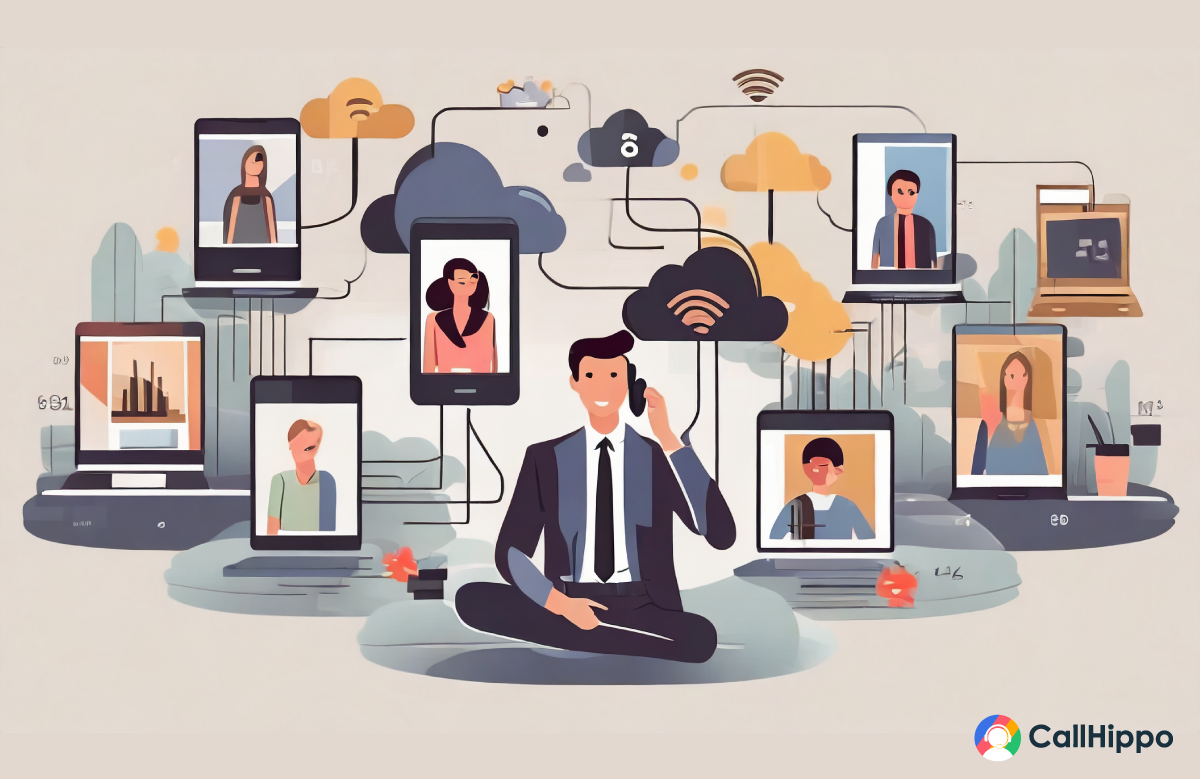
Encryption plays a pivotal role in securing communication. Utilize end-to-end encryption to safeguard voice calls, messages, and data transmissions. Technologies like Transport Layer Security (TLS) or Secure Real-time Transport Protocol (SRTP) should be employed to encrypt data both in transit and at rest.
3. Enforce Strict Access Controls
Establish stringent access controls to limit and monitor who can access patient information through the VoIP system. Implement multi-factor authentication, strong passwords, and role-based access to ensure that only authorized personnel can access sensitive data.
4. Regular Security Audits and Updates
Conduct routine security audits of the VoIP system to identify vulnerabilities. Regular software updates, patches, and security enhancements should be applied promptly to mitigate potential risks and ensure the system’s resilience against emerging threats.
5. Secure Call Recordings and Storage
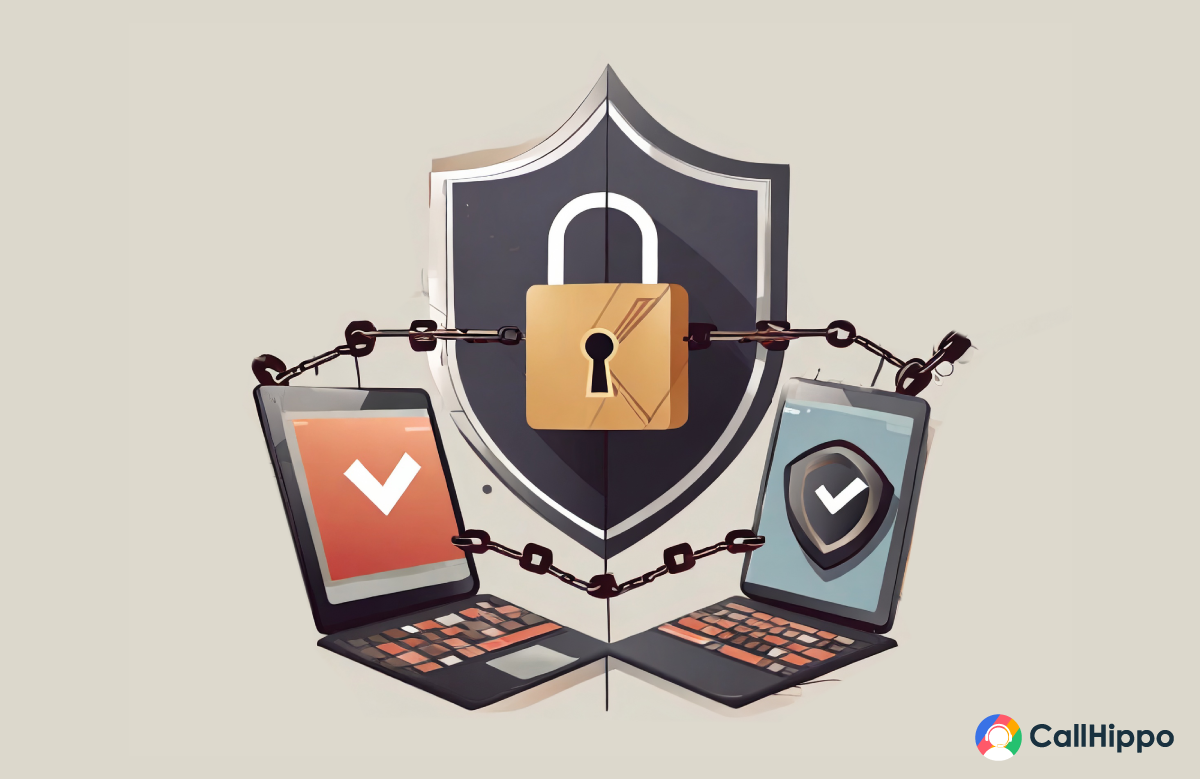
If call recordings are necessary for documentation purposes, ensure these recordings are encrypted and securely stored. Implement protocols for secure storage, access control, and retention periods for call logs, voicemails, and other recorded data containing patient information.
6. Train Staff on HIPAA Compliance
Educate employees about HIPAA regulations and the specific protocols related to the use of VoIP systems. Conduct regular training sessions to ensure staff members are aware of their responsibilities in maintaining compliance and handling patient information securely.
7. Execute Business Associate Agreements (BAAs)
When collaborating with third-party vendors or VoIP service providers, establish Business Associate Agreements (BAAs). These agreements legally bind the vendor to comply with HIPAA regulations, ensuring the protection of patient data.
8. Monitor and Respond to Security Incidents
Implement robust monitoring tools to detect any unauthorized access or security breaches promptly. Establish protocols for incident response, including reporting procedures and steps to mitigate the impact of a potential breach.
Best HIPAA Compliant VoIP Providers
Below, we have listed the top providers that are HIPAA compliant and provide exceptional VoIP services.
1. CallHippo
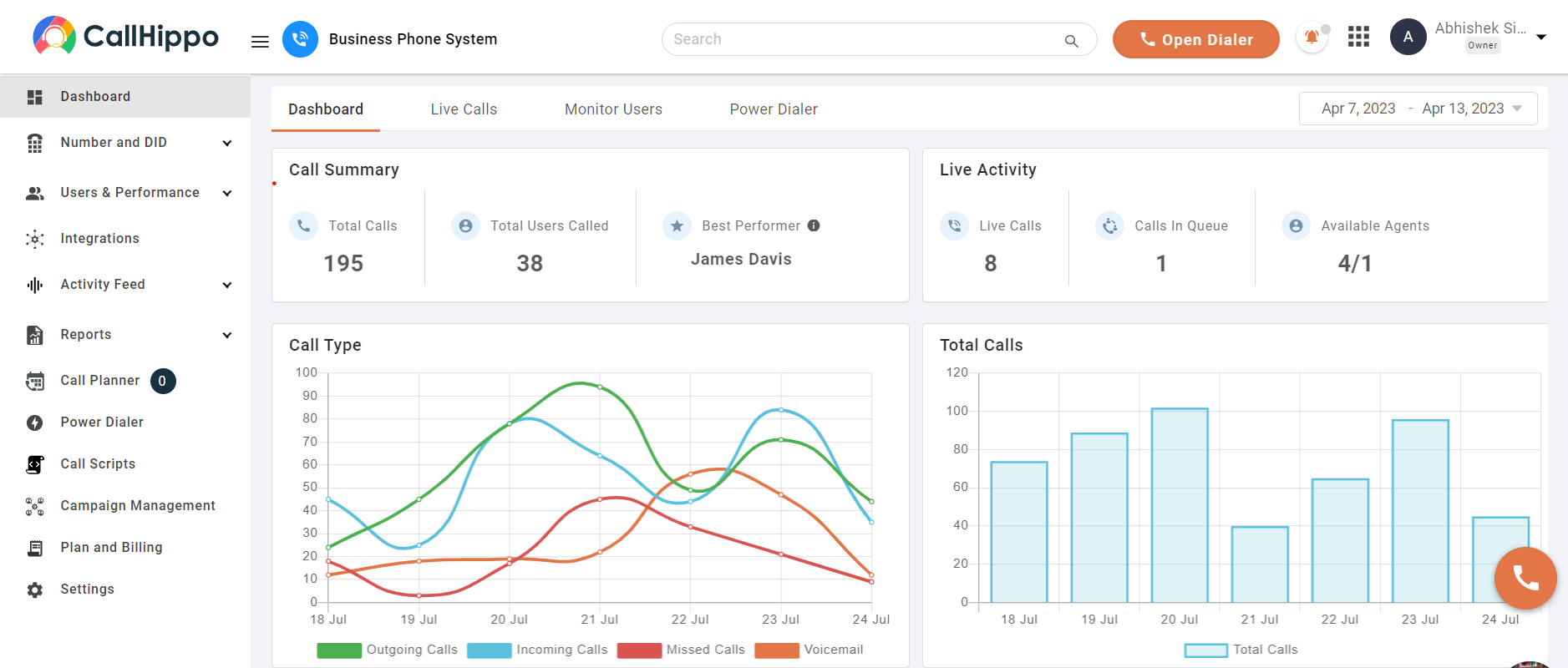
CallHippo is a cloud-based HIPAA compliant phone service provider known for its user-friendly interface and comprehensive features. To ensure HIPAA compliance, CallHippo implements robust security measures, including encryption protocols for data transmission and storage.
They offer secure call recording options, strict access controls, and customizable privacy settings to safeguard sensitive patient information. CallHippo also assists in signing Business Associate Agreements (BAAs) to ensure compliance when handling healthcare-related data.
2. Dialpad
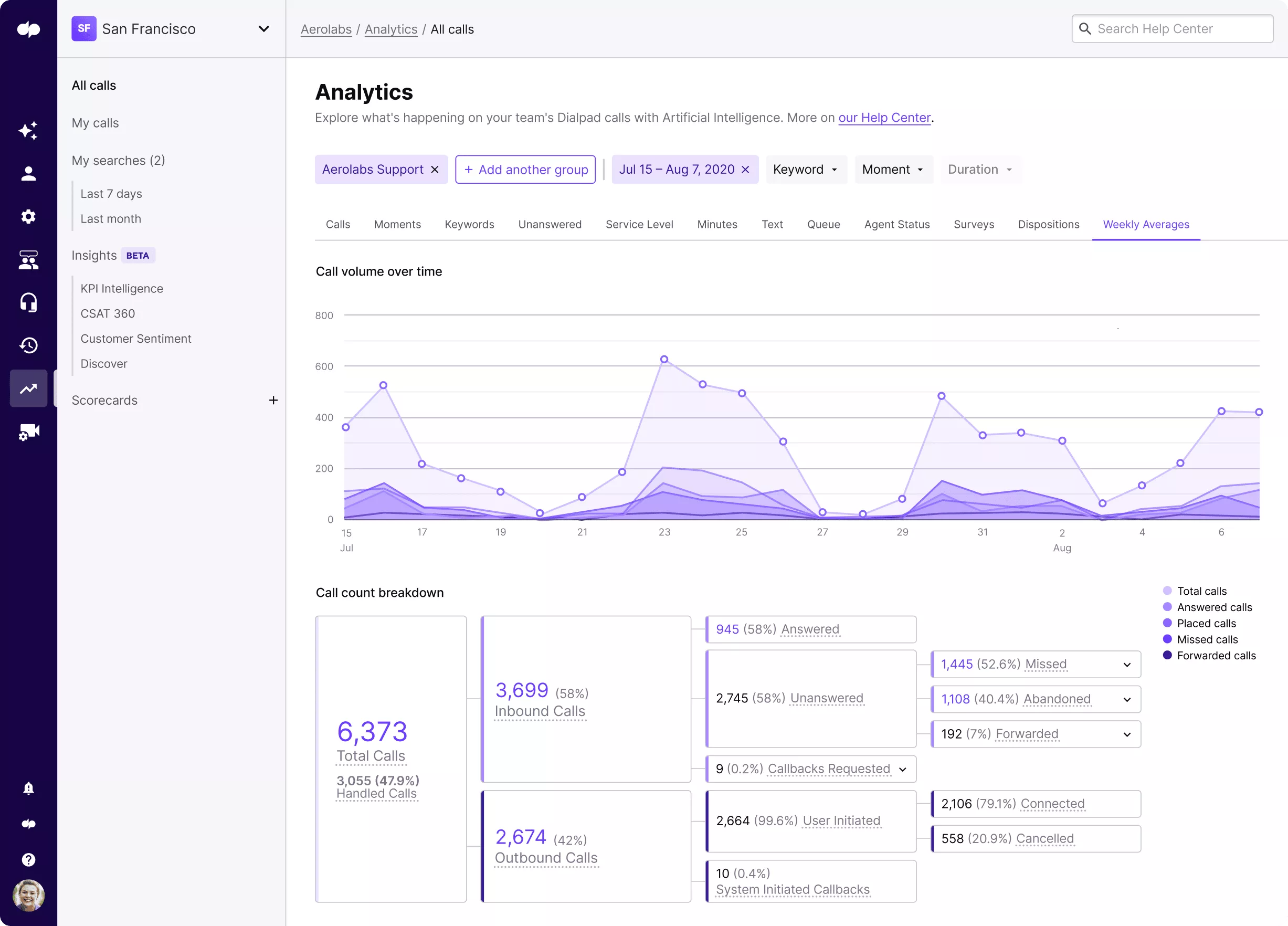
Dialpad is recognized for its innovative VoIP solutions and seamless communication tools. In the healthcare sector, Dialpad ensures HIPAA compliance by employing encryption protocols like TLS and SRTP for secure data transmission.
They offer administrative controls for user access, call recording encryption, and compliance with regulatory requirements. Dialpad also assists organizations in configuring their systems to meet HIPAA standards and supports the signing of BAAs with healthcare clients.
3. Nextiva
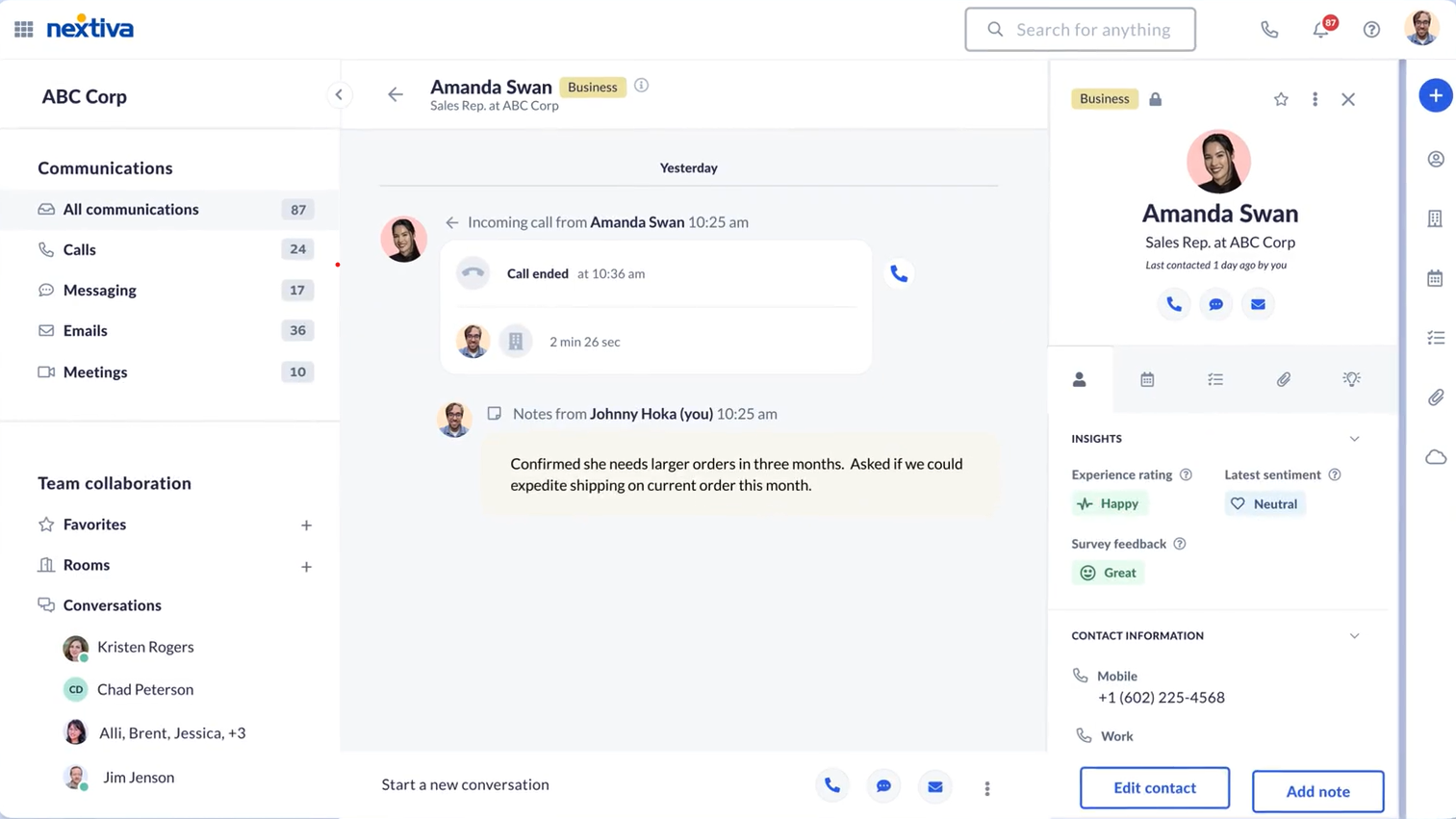
Nextiva is recognized for its innovative VoIP solutions and seamless communication tools. In the healthcare sector, Nextiva ensures HIPAA compliance by employing encryption protocols like TLS and SRTP for secure data transmission. They offer administrative controls for user access, call recording encryption, and compliance with regulatory requirements. Nextiva also assists organizations in configuring their systems to meet HIPAA standards and supports the signing of BAAs with healthcare clients.
4. Zoom
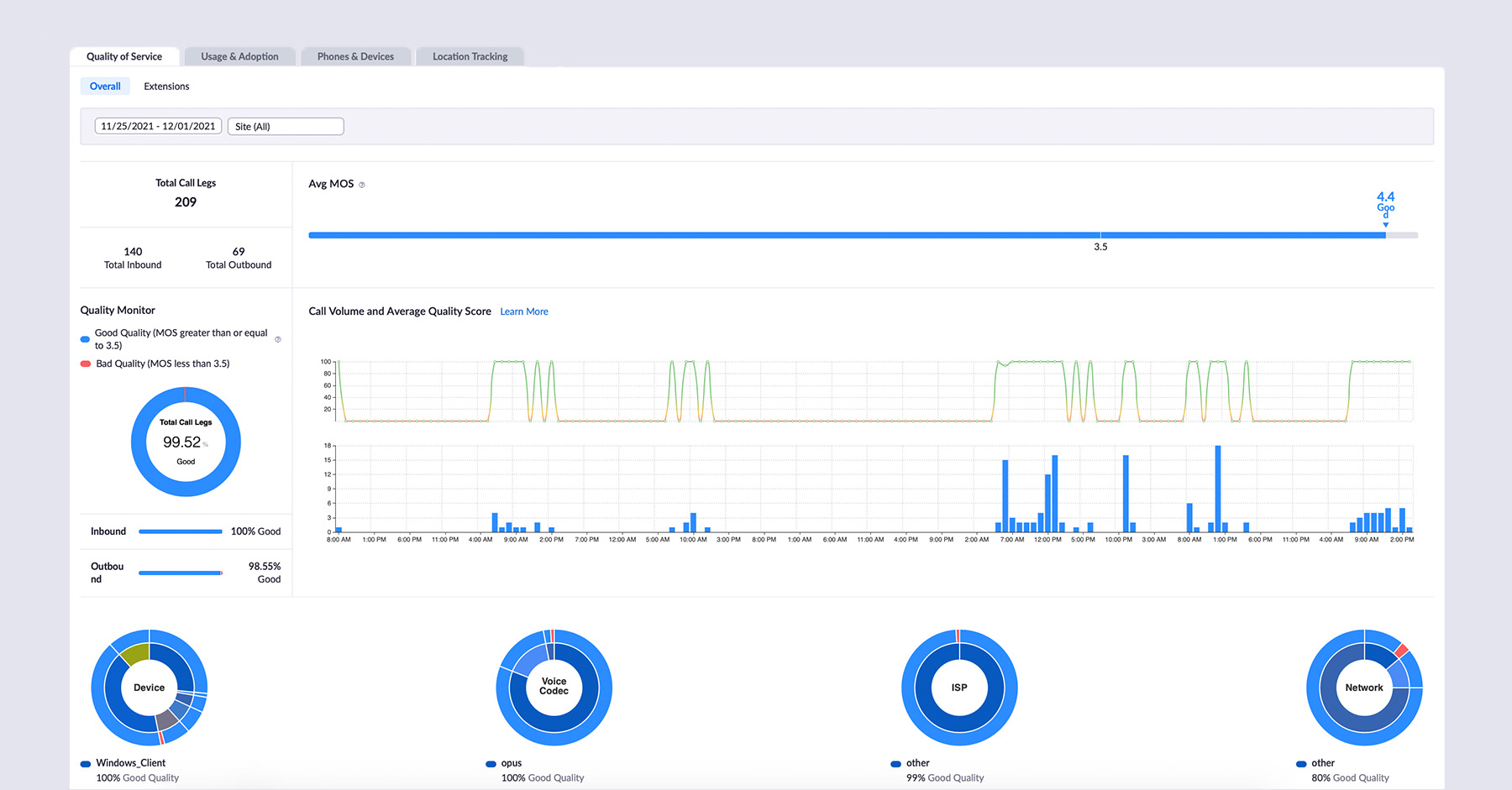
Zoom, known for its video conferencing capabilities, has taken steps to address HIPAA compliance. They offer a specialized platform, Zoom for Healthcare, designed to meet HIPAA standards. Zoom for Healthcare employs end-to-end encryption for meetings, secure user authentication, and supports BAAs to ensure compliance in handling patient data during telehealth sessions. Additionally, Zoom provides administrative controls and secure cloud storage to protect sensitive healthcare information.
You May Also Read : Leading Call Center Software for Healthcare
Use HIPAA Compliant VoIP from CallHippo
CallHippo’s commitment to HIPAA compliance extends beyond features; they focus on maintaining a secure and reliable communication environment for healthcare organizations.
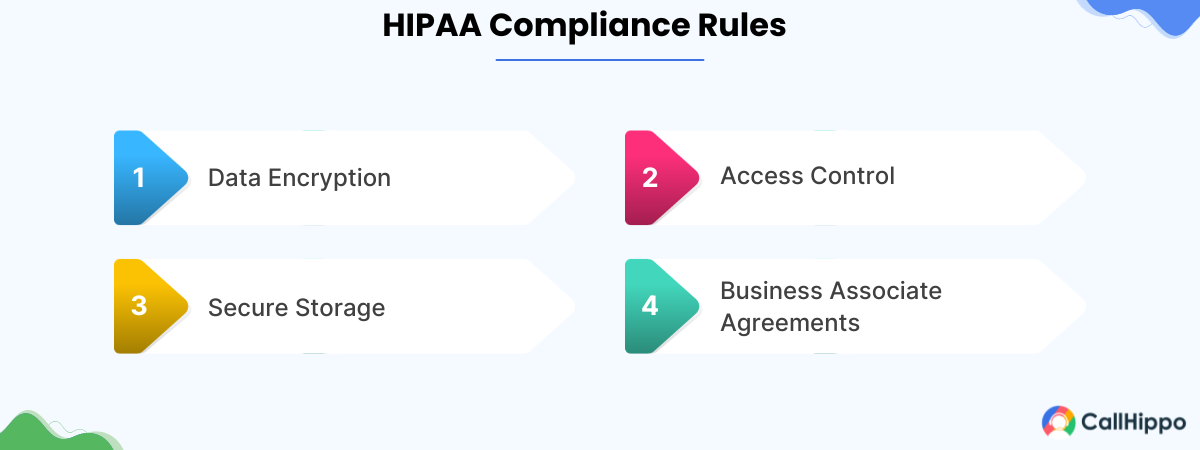
By offering encryption, access controls, secure data handling, and compliance assistance, CallHippo aims to support healthcare entities in adhering to HIPAA regulations while leveraging the benefits of VoIP technology for seamless communication.
1. Encryption Protocols
CallHippo prioritizes data security by implementing robust encryption protocols such as Transport Layer Security (TLS) and Secure Real-time Transport Protocol (SRTP). These protocols ensure that communication channels are encrypted, protecting sensitive patient information from unauthorized access or interception during transmission.
2. Secure Call Recording
The platform allows secure call recording, ensuring that recorded conversations containing patient information are encrypted and stored securely. CallHippo offers features to manage and store these recordings in compliance with HIPAA guidelines.
3. Access Controls
CallHippo provides administrative controls and user authentication mechanisms to manage access rights and permissions. This allows healthcare organizations to enforce strict access controls, ensuring that only authorized personnel have access to patient-related information.
4. Business Associate Agreements (BAAs)
CallHippo assists healthcare entities in signing Business Associate Agreements (BAAs). These agreements legally bind the VoIP service provider to comply with HIPAA regulations, ensuring the protection of patient data and maintaining compliance standards.
5. Customizable Privacy Settings
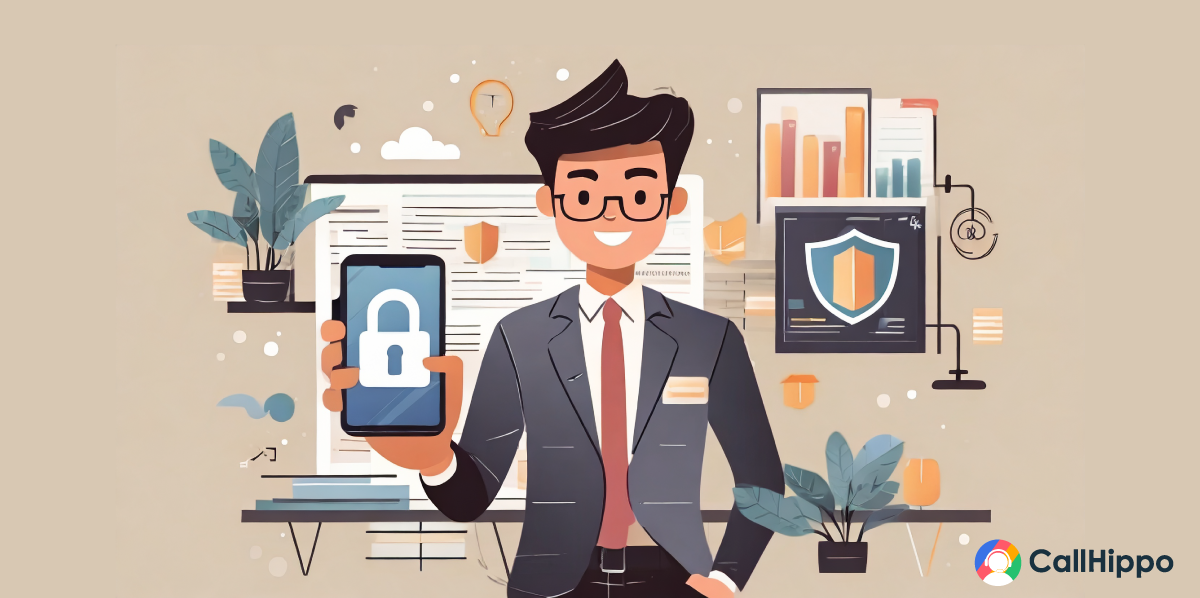
The platform offers customizable privacy settings, allowing healthcare organizations to configure the system according to their specific HIPAA compliance needs. This includes setting access permissions, encryption levels, and other security features tailored to safeguard patient data.
Want to get the best HIPAA compliant phone system?
Conclusion
Ultimately, choosing a HIPAA compliant VoIP provider like CallHippo not only ensures data security and regulatory adherence but also fosters a trusted and reliable communication infrastructure essential for delivering quality healthcare services while safeguarding patient confidentiality.
FAQ
How to know whether you are Violating HIPAA Rules or not?
You might be violating HIPAA rules if there’s unauthorized access to patient information, lack of encryption during data transmission, inadequate access controls, improper disposal of PHI, failure to report breaches, or non-compliance with HIPAA training requirements.
What industries require compliance with HIPAA regulations?
Healthcare providers (doctors, hospitals, clinics), health plans (insurance companies, Medicare, Medicaid), healthcare clearinghouses, and business associates (third-party entities handling PHI) are mandated to comply with HIPAA regulations.

Subscribe to our newsletter & never miss our latest news and promotions.









